A lab assistant involved in COVID-19 research in Taiwan exposed 110 people after becoming infected at work
By Matt Field | January 25, 2022
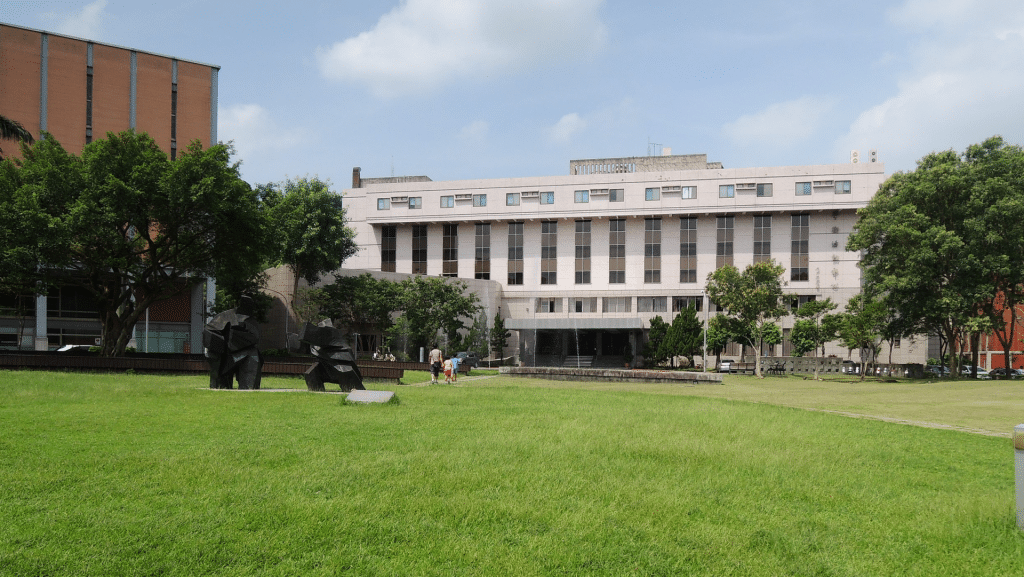 The Academia Sinica campus. Credit: CC BY-SA 4.0 via Wikimedia Commons.
The Academia Sinica campus. Credit: CC BY-SA 4.0 via Wikimedia Commons.
A premiere Taiwanese academic institution will pay the equivalent of $5,400 in fines after reporting that a lab worker had been infected by SARS-CoV-2 while conducting research on the delta strain of the virus. The lab assistant left her lab and exposed 110 close contacts to the disease. According to Science, the case marks what is likely the first verified instance of a researcher being infected by the virus in lab.
Taiwan’s health minister, Chen Shih-chung, announced the fine at a press conference. The Central Epidemic Command Center reported that the worker, who is vaccinated and in her 20s, became symptomatic on Nov. 26, before testing positive. She handled infected animals and may have inhaled the virus after removing her protective equipment in the wrong order, mask first, according to Science. At the time, Taiwan was reporting no local transmission of COVID-19, and sequencing showed that the lab worker had been infected by a strain given to the lab at Academic Sinica, which was conducting drug and vaccine research.
The worker has since resigned and her supervisor, immunologist Jan Jia-Tsrong, has retired, according to the Science report, which noted that Jan himself had once been infected with the SARS virus while researching the pathogen in 2003, six months after the global SARS outbreak had fizzled out. In the current case, Taiwanese authorities flagged several safety issues at the lab, according to the science journal, which reported that workers weren’t wearing N95 masks or using safety equipment properly. None of the infected worker’s contacts tested positive, nor did several hundred others connected to the case.
Some biosecurity experts drew a connection between the Taiwan incident and one theory of how COVID-19 originated, that the virus began spreading after an accident at a Wuhan lab. In a Twitter thread praising Taiwan’s transparency, Alina Chan, a molecular biologist, who has written a book questioning whether the pandemic could have lab origins, wrote, “Finding the #OriginOfCovid is important to develop effectively measures against the types of scenarios that gave rise to this pandemic pathogen.”
If you don't know how a killer virus emerged in your country, how could you possibly take proper measures to prevent future outbreaks?
Finding the #OriginOfCovid is important to develop effectively measures against the types of scenarios that gave rise to this pandemic pathogen.
— Alina Chan (@Ayjchan) December 11, 2021
There are two main theories of how the pandemic began. Many scientists believe the pandemic began with a natural spillover from an infected animal. Others, like Chan, believe that a laboratory incident could have precipitated the first cases in China in 2019.
Together, we make the world safer.
The Bulletin elevates expert voices above the noise. But as an independent nonprofit organization, our operations depend on the support of readers like you. Help us continue to deliver quality journalism that holds leaders accountable. Your support of our work at any level is important. In return, we promise our coverage will be understandable, influential, vigilant, solution-oriented, and fair-minded. Together we can make a difference.
Keywords: COVID-19, lab escape, pandemic origin
Topics: Biosecurity, Disruptive Technologies



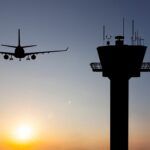
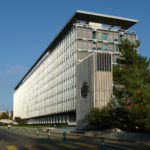


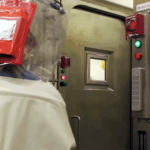
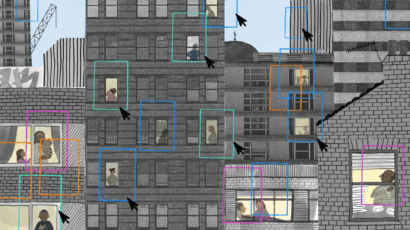






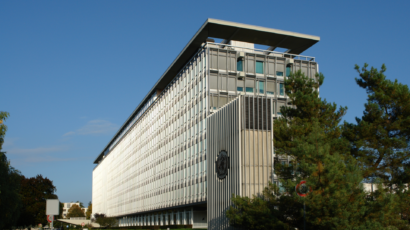
Its reassuring to see this incident discussed in more mainstream media including Science. While a very troubling occurrence, in a lab that appears to have poor protocols, it is interesting that the lab worker did not pass her infection on to what is a surprisingly large number of close contacts – 110!
Biosafety and Biosecurity are two most important issues while dealing with human pathogens and Taiwan deserves appreciation for their honesty in revealing the truth to the society and scientific community.